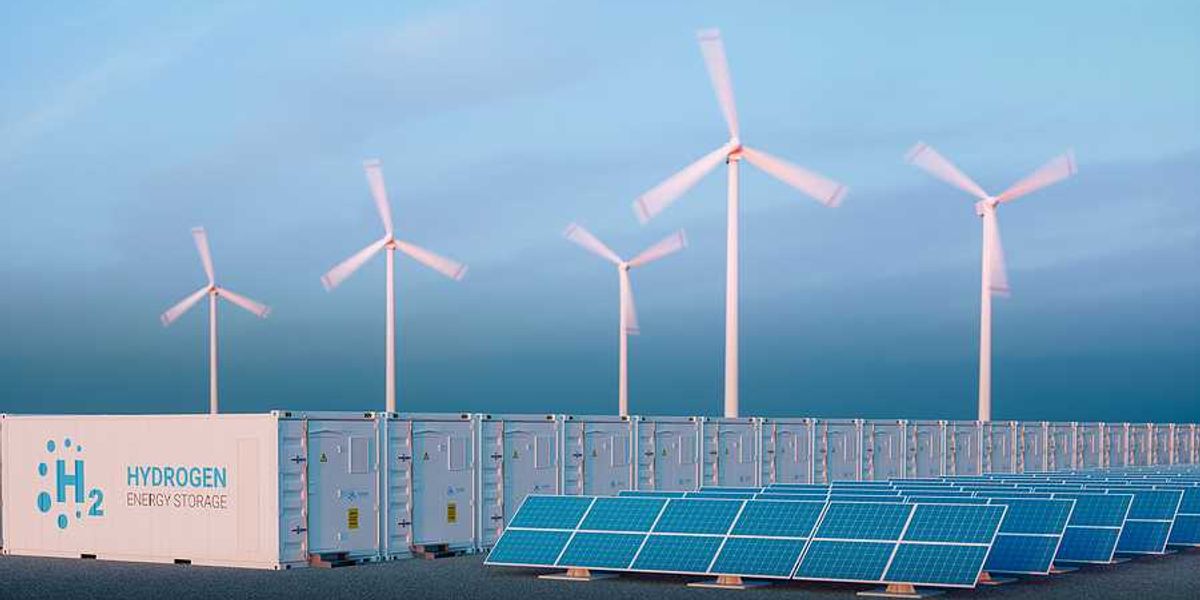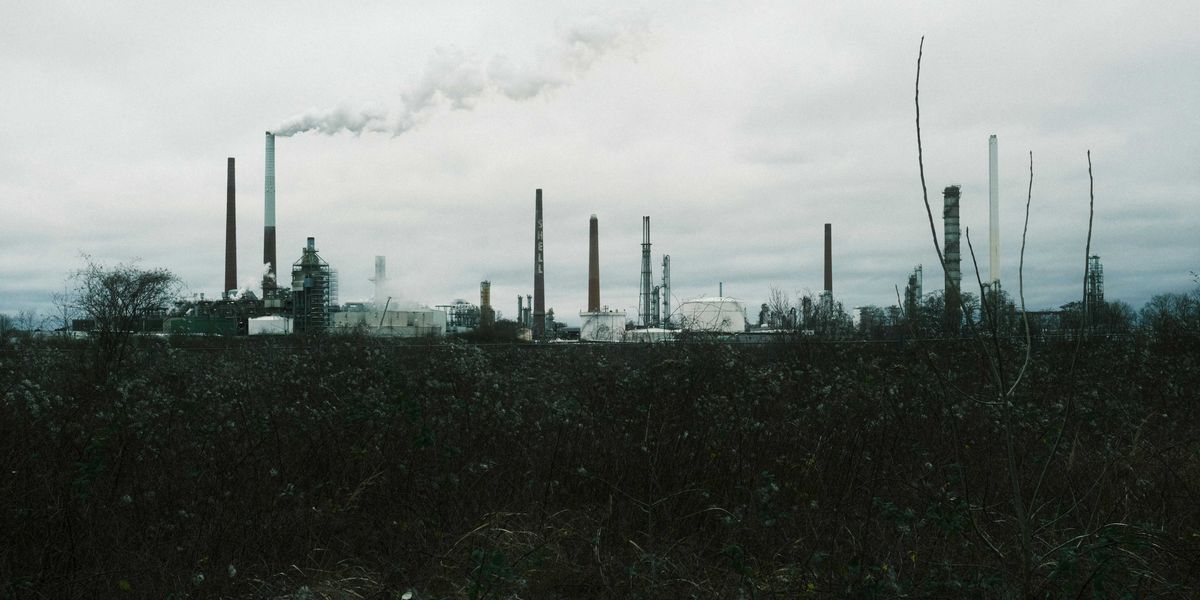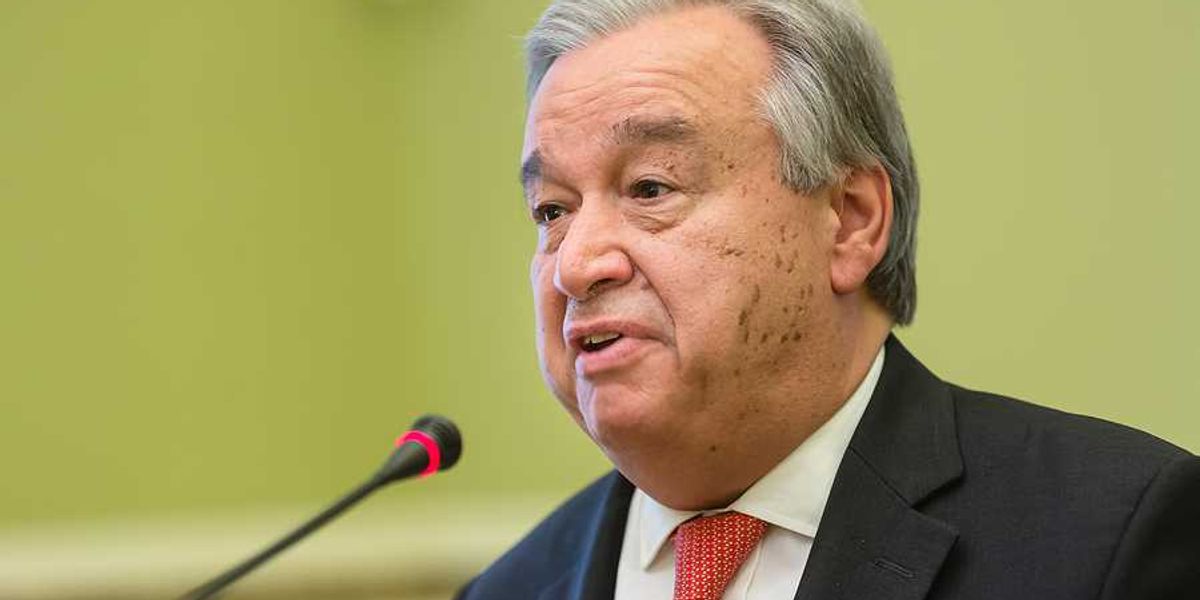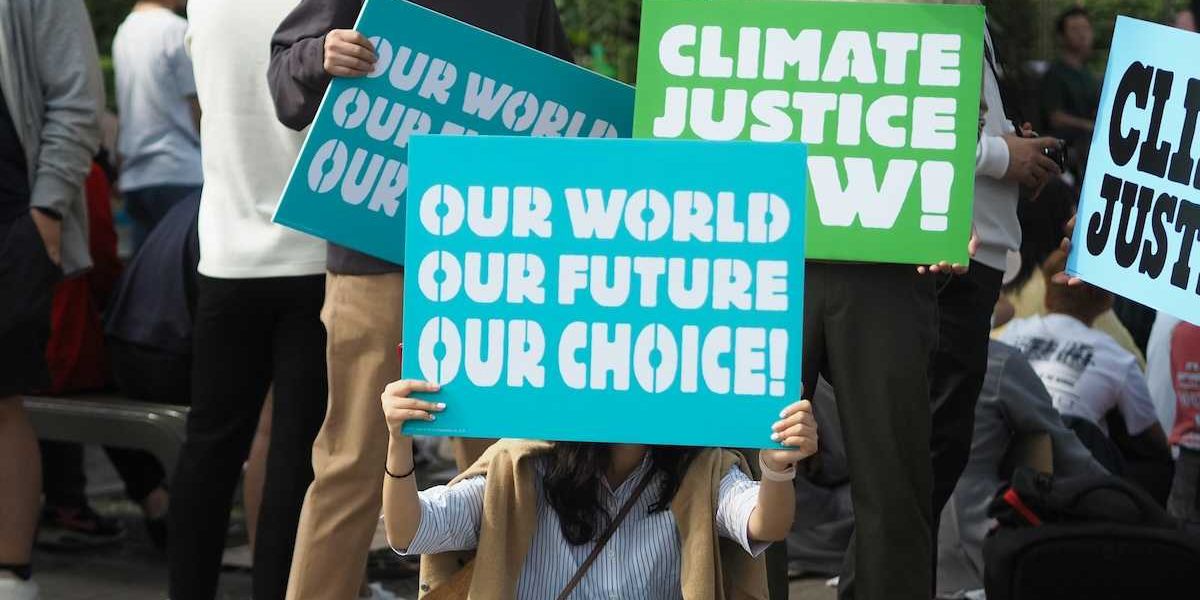COP30 coordinator: Climate action must be a priority, not a casualty, of defense spending
Countries ramping up military budgets must also strengthen climate efforts or risk more conflict in the future, warns Ana Toni, Brazil’s chief executive of the Cop30 summit.
Fiona Harvey reports for The Guardian.
In short:
- Ana Toni argues that climate change fuels inequality and poverty, which can lead to future wars, making climate action a key security issue.
- Many countries are increasing defense budgets, partly in response to Donald Trump’s foreign policy shifts, including withdrawing the U.S. from the Paris Agreement.
- The UK is cutting overseas aid and renewable energy funding to boost defense spending, a move Toni warns sends a dangerous signal.
Key quote:
“Wars come and go. Unfortunately, climate change is there for a long time. We need to take climate change very seriously, otherwise we will have even more wars in the future.”
— Ana Toni, chief executive of Cop30
Why this matters:
The intersection of climate change and global security is becoming harder to ignore. As geopolitical tensions flare and nations ramp up defense spending, there’s growing concern that climate action could take a back seat despite mounting evidence that environmental crises themselves are driving instability. The U.S. decision to scale back climate commitments under the Trump administration adds another layer of uncertainty to international efforts, leaving a leadership vacuum in global emissions reduction and sustainable development.
If military budgets grow at the expense of climate initiatives, the world may face a self-perpetuating cycle: environmental degradation leading to conflict, which in turn justifies further military investment. Some experts warn that failing to address climate change as a national security threat now could make future crises even more costly — both in dollars and human lives.













